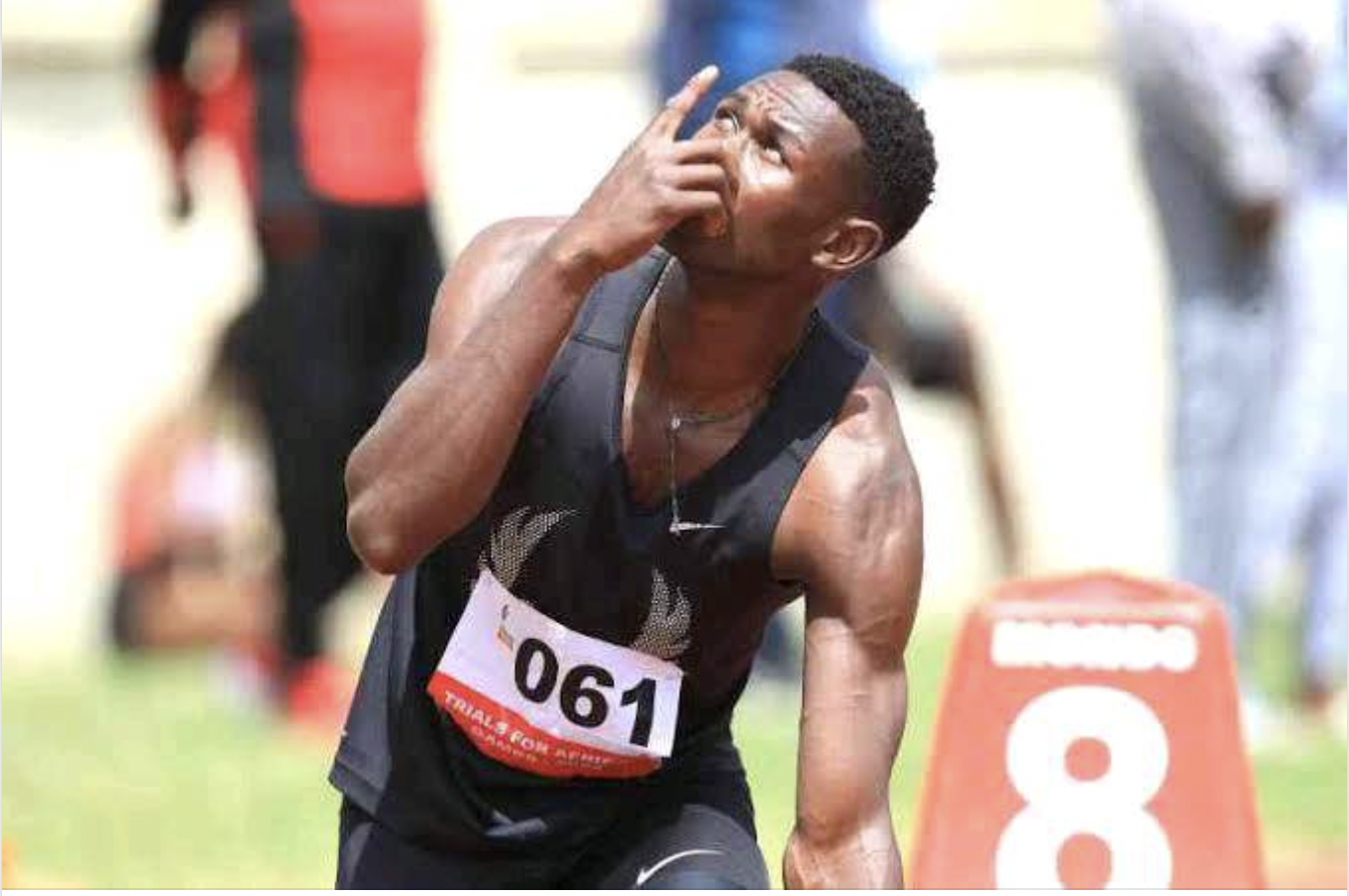The Athletics Integrity Unit (AIU) has turned down Kenya’s request to allow African 400-metre silver medalist Kelvin Kipkorir to compete at this year’s Paris Olympic Games.
Kipkorir, had initially been dropped from the team for not having complied with the AIU requirement of undergoing a minimum of three out-of competition tests 10 months before the Olympic games,.
Athletics Kenya appealed to the AIU and allowed Kikporir to travel last week to Miramas, where he joined the rest of the 4x400m mixed relay team, which has been training for the past two weeks.
However, according to the AIU, out of the seven appeals filed, including those from Brazil, Ethiopia, two Ukrainians, and the Kenyan case, only the athletes from Ukraine have been allowed to compete at the Olympics, with athletics set to kick off on Thursday, August 1st.
The ruling means the Kenya mixed relay team will remain with the initial list of Mercy Chebet, Veronica Mutua, Boniface Mweresa, and David Sanayek.
The team will start its competition on August 2 with the heats and the final set for this Saturday night.
AIU Chair David Howman says strengthened testing regulations in the sport of athletics mean that Member Federations are bringing teams to Paris with improved testing that will further “protect the Olympic Athletics Competition.”.
On the eve of the Athletics Competition at the Paris 2024 Olympic Games, he highlighted that, since January 2019, Rule 15 of World Athletics’ Anti-Doping Rules has established the National Federation Anti-Doping Obligations and, among other things, outlines the minimum requirements for testing of the national teams of ‘Category A’ Federations deemed to have the highest doping risk and considered a threat to the overall integrity of athletics. At present, these are: Bahrain, Ethiopia, Kenya, Morocco, Nigeria, and Ukraine.
The AIU report further indicates four other federations (not classified as ‘Category A’ Federations)—Brazil, Ecuador, Peru, and Portugal—had the minimum testing requirements imposed on them by the World Athletics Council in February this year.
Based on Rule 15, athletes from all ten federations were subject to very strict minimum testing requirements to be eligible to compete in Paris 2024, being required to have a minimum of three out-of-competition (OOC) tests in the ten months leading up to the Olympic Games.
Ultimately, more than 97 percent of the 268 athletic competitors entered for the Paris 2024 Olympic Games from these federations met the strict standard.
Only seven athletes (three Brazilians, an Ethiopian, a Kenyan, and two Ukrainians) did not adhere to the Rule 15 obligations, all of whom subsequently applied for exceptional circumstances to the AIU Board, with the Board accepting both Ukrainians’ applications but rejecting the other five.
This was on the basis that only the Ukrainians’ situations, due to the ongoing war with Russia, truly constituted exceptional circumstances.
The three Brazilians subsequently had their appeals of the AIU decisions upheld by the Court of Arbitration for Sport (CAS, Ad Hoc Division) and are now permitted to compete in Paris.
He added that there has been a great level of commitment from all ten federations, supported by their National Anti-Doping Agencies (NADOs), to meet the testing requirements under World Athletics Rule 15.
A total of 3,783 OOC tests were conducted for these federations in the period leading to Paris, with high averages of seven OOC tests per athlete for federations such as Ethiopia and Kenya. These tests resulted in 15 positive cases.





